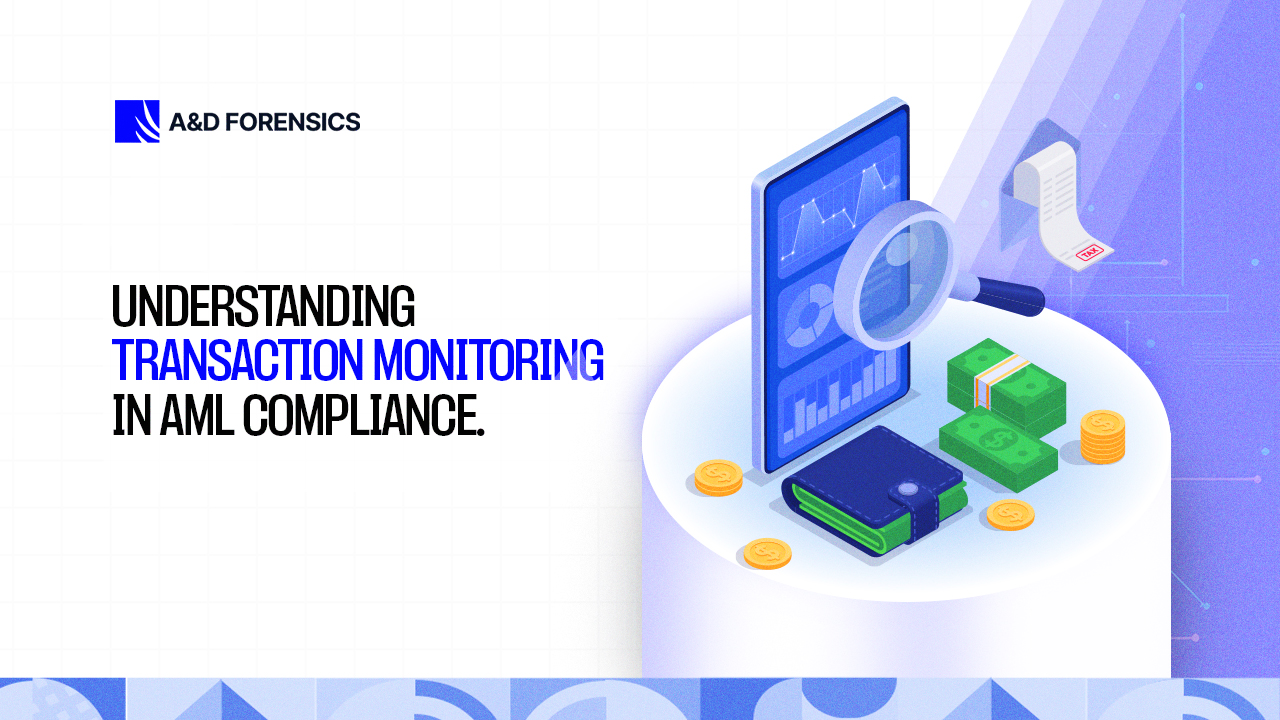UNDERSTAND THE CONCEPT OF ‘REPLACE -BY -FEES’ – RBF
As Bitcoin is getting adoption across the world, it is becoming increasingly popular to find some transactions overstaying on the temporary blockchain part, warehousing unconfirmed transactions. This makes such transaction orders which could be payments for goods or services unconfirmed on the Blockchain. When such happens to you as a buyer, your funds are trapped because you cannot initiate another transaction to re-pay the recipient waiting on the other side with the same unconfirmed coins.
If you find yourself in this embarrasing situation where your transactions remain unconfirmed for unacceptably long time, what would be your next action? You could probably use the ‘Replace-By-Fees’-RBF method to have your way! Interesting right? This functionality can also be hijacked by criminal elements to commit fraud and this is the crux of this article.
What is Replace- By- Fees (RBF)?
Replace- By- Fees (RBF) is a process of paying a higher transaction fee to replace previously sent, but yet to be confirmed blockchain transaction.
Types of Replace- By- Fees (RBF):
1). Full RBF: In this case, the old transaction is completely replaced with a new one as far as the transaction fee is complete.
2). Opt -in RBF: Here, the sender chooses whether to use RBF or not. Some wallets come with this feature.
3). First-Seen-Safe RBF: Here, the sender is only permitted to start a new transaction if the new transaction is the same as the old one.
4). Delayed RBF: The old transaction will only be changed if it hasn’t been added in a block. The sender would patiently allow the transaction to be added with a lower fee hence saving his/her money.
Why Could These Transactions Be Delayed?
Initiating a transaction on the Blockchain, will get it stored in the Mempool first, before the miners attend to them. Miners however, attend to transactions with higher fees attached, to enable them maximize profit and also get compensated for the resources they spent while mining.
Explaining How Replace- By- Fees (RBF) Work
Assuming you initiated a transaction on the blockchain at a particular price and unfortunately, the transaction was delayed without the recipient receiving confirmations.
To salvage this situation, you simply initiate a new transaction exactly same as the old one, and pay a higher fee.
Miners will get both the old and new transaction fees, thereby making your transaction more competitive for the miners to attend to.
Some wallets that allow customers to easily use RBF options include: Bitpay, Electrum, Blockstream green wallets, e.t.c.
How Then Can Scammers Exploit Their Victims With The Replace- By- Fees (RBF) Feature?
Mr Y is a fraudster who placed an order with your online shop. He made payment with Bitcoin while enabling RBF on his wallet and at a reduced transaction cost. He let’s you know that the transaction has been initiated and about to be confirmed on the Blockchain, probably, the confirmations aren’t complete yet and still pending.
As a result, you deliver the item hoping to get a fully confirmed transaction afterwards. Mr. Y could have used Full RBF or Opt-in-RBF, which will allow him to transfer the same amount to his own account using the same UTXO input thereby leading to double-spending. At the end, Mr. Y didn’t pay you, still has your goods which you had earlier delivered and will possibly spend the money somewhere else. Hence, the reason RBF has been heavily chastised.
Replace- By- Fees (RBF) Can Be Used To Prevent Malicious Activities
Have you wondered why it’s necessary to pay both the old and new transaction fees while using the RBF feature instead of just making payment for the new transaction? It’s a strategy to ensure that it costs something more to cancel an old transaction thereby preventing Denial-of-Service (DoS) attacks on the Bitcoin network.
Interestingly, prior to the Replace- By- Fees (RBF) feature, an attacker could be able to create an unlimited number of transactions to cancel previous one in a situation called the ‘Denial-of Service’ (DoS) attack because he would only pay for the transaction that got confirmed.
DoS attack happens when a hostile cyber threat actor prevents legitimate users from accessing information systems, devices, or other network resources. Hence, with additional costs,these attacks are extremely costly and less likely to occur.
RBF enabled wallets have been criticized by persons who claim that it’s an easy way to allow double spending of crypto currencies. However, to actually double spend with crypto currencies, you don’t need a wallet with RBF features. You could just input the same data in all the various transactions you wish to create and assign the greatest transaction fee to the transaction returning to your wallet.
How Can I Avoid Being A Victim of Fraud Through Replace- By- Fees (RBF) ?
To avoid being a victim of fraud through this means:
- Wait at least for six confirmations before considering a transaction genuine.
- Ensure the transactions get confirmed on the blockchain afterwards.
- Avoid transactions tagged with RBF.
- As a corporate body receiving payments with bitcoins, it’s advised to leverage on wallets with RBF features, this will also enable you to detect transactions that are being initiated with RBF features by your customers. For instance, An RBF unconfirmed transaction will appear in a pinkish tone on BitPay app.
Finally, as a Cryptocurrency user, always confirm your transactions before rendering services. Do not assume that a pending transaction is a confirmed transaction!
For guide on how to avoid being a victim of frauds like this, kindly contact us with contactus@adforensics.ng or follow our social media platforms for further guides.






